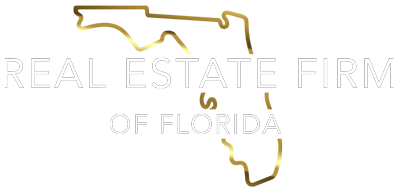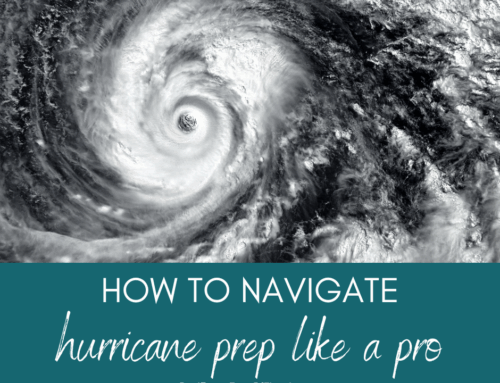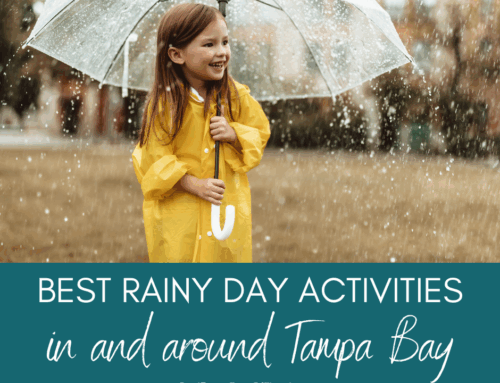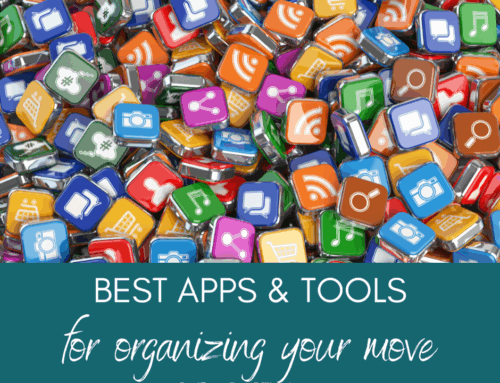Florida Homeowner Tips for Hurricane Season Prep
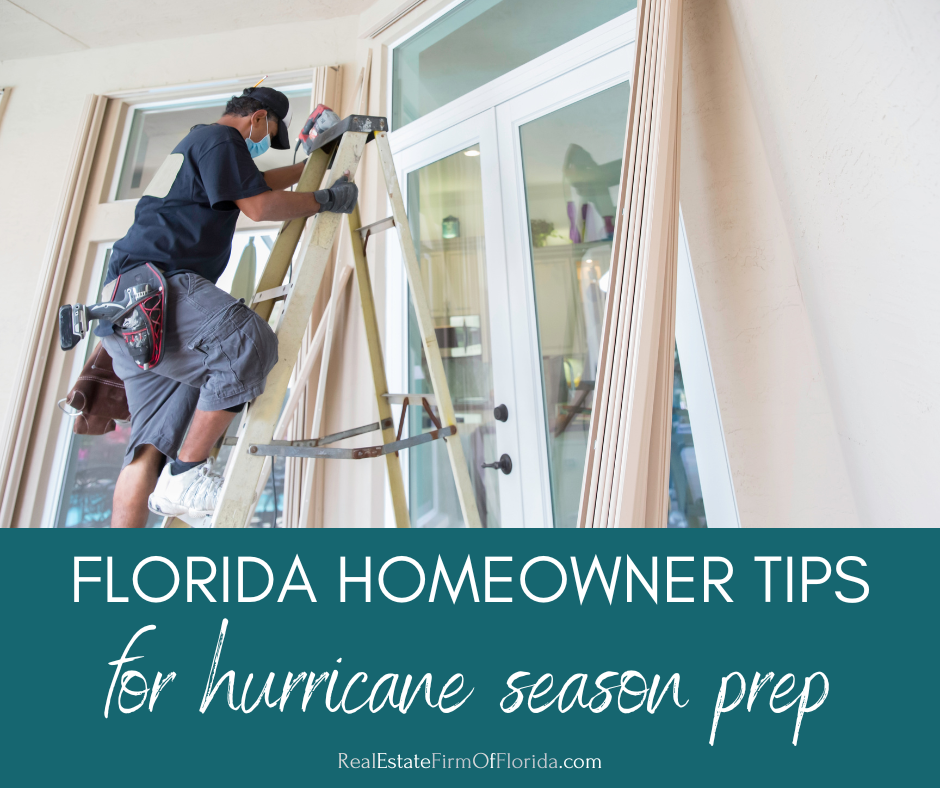
Hurricane season is part of life in Florida, and for homeowners—especially those new to the state—it’s important to take preparation seriously. From June through November, residents in the Tampa Bay area and beyond may face strong storms, heavy rain, and potential power outages. The key to protecting your home and your family is getting ready well before a storm is on the radar.
This guide explains the following:
-
Understand your home’s risk and insurance coverage
-
Secure windows, doors, and outdoor areas
-
Prepare emergency supplies and evacuation plans
-
Protect important documents and digital backups
-
Follow local alerts and official government resources
Here’s a closer look at each.
Understand Your Home’s Risk and Insurance Coverage
Start by understanding your home’s location and vulnerability to hurricanes. Use FEMA’s Flood Map Service Center to determine if your property is in a flood zone. If it is, you may need separate flood insurance, since standard homeowners insurance does not cover flood damage.
Next, review your homeowners insurance policy. Confirm that wind and storm damage are covered and check your deductibles. In Florida, hurricane deductibles are often separate and based on a percentage of your home’s value, not a flat dollar amount. If you don’t already have flood insurance, visit floodsmart.gov for information on how to apply through the National Flood Insurance Program.
Ask your insurance agent if your policy covers living expenses in case you’re forced to evacuate and can’t return home immediately.
Secure Windows, Doors, and Outdoor Areas
High winds are one of the biggest threats during a hurricane, so securing your home’s exterior is essential. If your home doesn’t already have storm shutters, consider installing them or investing in impact-resistant windows. At a minimum, keep plywood on hand to board up windows in case of an emergency.
Reinforce your garage door if it’s not hurricane-rated, as garage failure is a major source of structural damage during storms. Check all exterior doors for strong deadbolts and proper seals.
Clear your yard of anything that could become a projectile in high winds. This includes patio furniture, potted plants, garden tools, and grills. If you have a pool, don’t drain it completely—lower the water level slightly and turn off the equipment before the storm hits.
Prepare Emergency Supplies and Evacuation Plans
Don’t wait until a storm is imminent to gather supplies. Build a basic hurricane kit that includes:
-
Bottled water (at least one gallon per person per day for three days)
-
Non-perishable food and manual can opener
-
Flashlights, batteries, and a battery-powered weather radio
-
First-aid supplies and prescription medications
-
Phone chargers, backup power banks, and cash
-
Personal hygiene items and cleaning supplies
If you have pets, stock extra food and medication for them, too. Keep fuel in your vehicles and locate nearby shelters or hotels that accept pets in case you need to evacuate.
Familiarize yourself with your local evacuation zone. Each county has its own storm surge risk map—find yours by visiting FloridaDisaster.org, which provides real-time storm updates, shelter information, and evacuation routes.
Protect Important Documents and Digital Backups
Store your most important documents in a waterproof, fire-resistant container. This should include property deeds, insurance policies, birth certificates, passports, and medical records. Make digital copies of everything and store them in a secure cloud storage account or encrypted USB drive.
Also take photos or video of your home and belongings. This visual record can help with insurance claims if you suffer storm damage. Be sure to document valuables, appliances, and any recently completed upgrades.
If you’re working with a REALTOR®, they can also help you locate local service providers and recommend companies that offer home assessments or pre-storm inspections.
Follow Local Alerts and Official Government Resources
Once hurricane season begins, pay attention to local weather updates and government alerts. Sign up for notifications from your county’s emergency management office, and keep a close eye on storm development through the National Hurricane Center at nhc.noaa.gov.
Install apps like FEMA’s mobile app or Florida’s Emergency Information app to receive evacuation notices, storm updates, and shelter openings in real time. Having access to accurate information can help you make informed decisions quickly if a storm threatens your area.
You should also know when and how to shut off your home’s utilities—especially gas and electricity—in case of damage or flooding.
FAQ About Preparing for Hurricane Season in Florida
Check out these commonly asked questions about hurricane prep for homeowners. If you don’t see your question here, please call our office and we’ll find you the answers you need.
Do I Need Flood Insurance if I Don’t Live in a Flood Zone?
Flood insurance is still recommended even outside flood zones. One inch of water can cause thousands of dollars in damage, and standard homeowners insurance doesn’t cover it.
How Far in Advance Should I Prepare?
Start preparing at the beginning of hurricane season in June. Don’t wait until a storm is on its way—by then, supplies may be hard to find and services may be delayed.
What’s the Best Way to Protect My Roof?
Have your roof inspected regularly and make sure shingles are secured. If you’re in an older home, consider hurricane straps or clips for extra protection.
Can I Stay in My Home During a Hurricane?
That depends on the storm’s strength and whether you’re in an evacuation zone. Always follow official evacuation orders for your safety.
What Should I Do After the Storm?
Inspect your property for damage, take photos for insurance, and report any claims immediately. Don’t re-enter flood-damaged areas until officials say it’s safe.
Preparing your Florida home for hurricane season doesn’t need to be overwhelming. With the right steps taken early, you can protect your property, reduce stress, and keep your family safe. Your REALTOR® is also a great resource—especially if you’re new to the area—and can connect you with local experts to help you get ready.
No properties found
Are You Buying or Selling a Home in Tampa Bay?
You can use this website to search homes for sale in Tampa Bay and all its communities. Our site is directly connected to the Tampa Bay MLS, and we update our listings every hour. You can even use our site to create your own account and get emails as soon as a new home hits the market, price change alerts and so much more.
While you’re here, check out these listings:
Join our team
Please fill out the below form completely and include your resume & cover letter and we will get back to you quickly!
Today’s Newest Homes for Sale in Tampa Bay
Check out the newest homes listed in the last hour in Greater Tampa Bay.
Are You Buying or Selling a Home in Tampa Bay?
You can use this website to search homes for sale in Tampa Bay and all its communities. Our site is directly connected to the Tampa Bay MLS, and we update our listings every hour. You can even use our site to create your own account and get emails as soon as a new home hits the market, price change alerts and so much more.
While you’re here, check out these listings:
